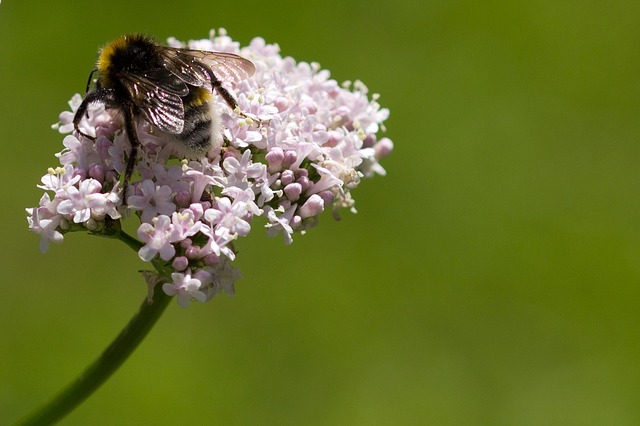Valerian: nutrition facts
Valeriana officinalis
Valerian is a type of food categorized among food. One portion of Valerian (considering as a portion , meaning more or less grams of Valerian) contains around calories.
When compared to other food,
Valerian has
less caloriess than the average of food, as they contain calories per 100 grams, while other foods like the
Valerian have
much more calories.
Recipes with Valerian
You can use Valerian as an ingredient for the next recipes:
Valerian as natural remedy
Valerian can be used as a natural remedy to treat the next diseases:
Valerian nutritional facts
|
1 serving ( gr.) |
100 gr. |
| Calories | | |
| Lipids | | |
| Saturated Fat | | |
| Polyunsaturated Fat | | |
| Monounsaturated Fat | | |
| Protein | | |
| Carbohydrate | | |
| Sugars | | |
| Fiber | | |
| Cholesterol | | |
| Minerals | | |
| Calcium | | |
| Iron | | |
| Sodio | | |
| Potassium | | |
| Magnesium | | |
| Phosphorus | | |
| Zinc | | |
| Vitamins | | |
| Vitamin A | | |
| Vitamin C | | |
| Vitamin D | | |
| Vitamin B1 (Thiamine) | | |
| Vitamin B2 (Riboflavin) | | |
| Vitamin B3 (Niacin) | | |
| Vitamin B5 (Pantothenic Acid ) | | |
| Vitamin B6 | | |
| Vitamin B12 (Cobalamin) | | |
| Vitamin E | | |
| Vitamin K | | |
| Choline | | |
| Arginine | | |
| Tyrosine | | |
| Folic Acid | | |
| Beta Carotene | | |
| Water | | |
| Caffeine | | |



No comments